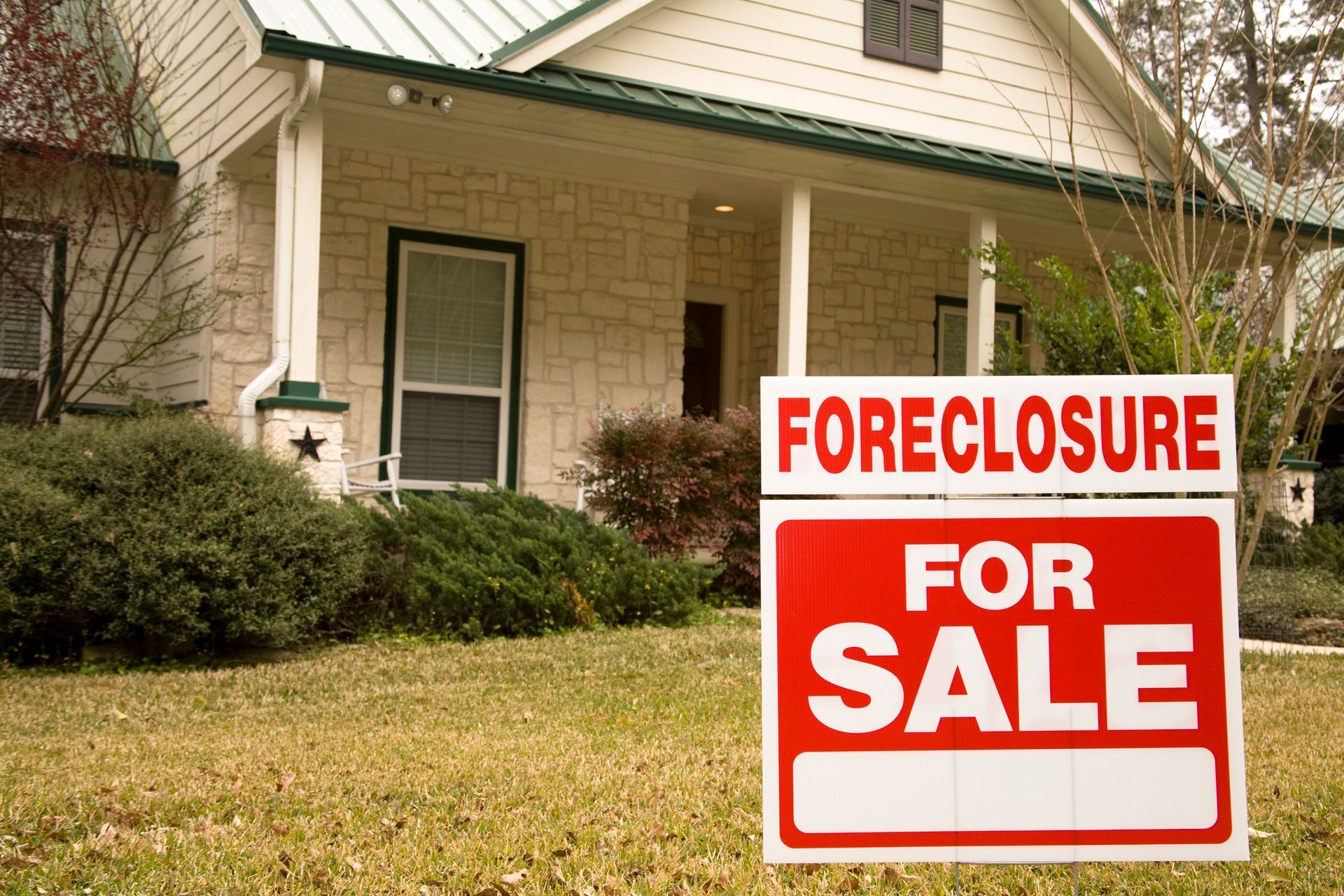How to Save Your Home from NJ Foreclosure

New Jersey has one of the highest rates of foreclosure in the country. If you are a New Jersey homeowner having trouble paying your monthly mortgage payments, you are not alone. The anxiety and dread missed mortgage payments can cause may make you feel like there are no solutions to your problem and that losing your home is inevitable. But that isn't true. Even after you receive a notice of foreclosure, there are a few ways you can save your home. Here are some solutions you may want to explore:
1. Cure the Debt
One way to stop a foreclosure in NJ is to cure the default on your mortgage. A default happens when you are over 30 days late on your monthly mortgage payments. NJ law states that a lender can only notify you of default or send a notice of intent to foreclose once you are more than 120 days delinquent on your account.
Once this notice of default or intent to foreclose has been delivered, you will have 30 days to cure the default before final judgment. However, before your lender can apply for final judgment, they must send you a letter 14 days in advance notifying you of their intention to file a final judgment. If you respond within this time that you intend to cure the default, you will be granted an additional 45 days to do so. You could also provide valid legal defenses against the foreclosure suit at any time during this process.
After the final judgment has been issued, your home will go up for sheriff's sale. But even then, homeowners have the right to delay the sale for 28 days two different times. You can cure the debt at any time throughout the above process. By utilizing the full timeframe afforded to NJ homeowners during foreclosure, it may be possible to secure the funds to save your home. An attorney can work with you to ensure you do not miss deadlines while maximizing the time you need to secure your funds.
2. Loan Modification
Loan modification is a great way to stop foreclosure and keep your home. Once you submit an application for a loan modification, your lender cannot proceed with foreclosure because it is prohibited by law. You cannot lose your home while the lender is considering other options for your loan. You do, however, need to make sure that you submit all of the required paperwork and documentation for the loan modification application. Any missing information could be reason enough for them to reject your application and continue with foreclosure. Lenders are also not required to review multiple applications.
Working with an experienced foreclosure attorney can ensure that you complete the paperwork correctly the first time and that your lender properly reviews your application.
3. Forbearance
Many lenders offer options for forbearance in light of financial difficulties. This is a good option for those who are experiencing temporary income loss resulting in some missed mortgage payments. A forbearance plan would allow you to make reduced monthly payments or pause payments for a set timeframe. You agree to a repayment plan, and your lender agrees not to foreclose on your mortgage as long as you make continued payments. You will not owe less money in the long run, but a forbearance plan may give you the financial break you need to get back on your feet and avoid foreclosure in the meantime.
4. Bankruptcy
The automatic stay period during bankruptcy is also a legal tactic that can stall foreclosure proceedings. When you file for bankruptcy, you enter the automatic stay period, during which creditors and lenders cannot bring any other legal actions against you or your property. The automatic stay will also stop any debt collection efforts. Filing for Chapter 13 bankruptcy in NJ will allow you to pay back your debts on a repayment plan so you can keep your home. But even those who file under Chapter 7 are not guaranteed to lose their homes. Your income level, assets, and debts will determine which bankruptcy filing option is the best for you.
Once you receive a notice of foreclosure, you have 35 days to respond. If you want to keep your home, you must be proactive about developing a plan before the end of those 35 days. Working with an experienced NJ foreclosure attorney can help you protect your rights as a homeowner and find best-case solutions for a difficult situation. Veitengruber Law is an experienced NJ foreclosure law firm. We offer free consultations to help you understand your options. You do not have to face NJ foreclosure alone; we are here to help!










